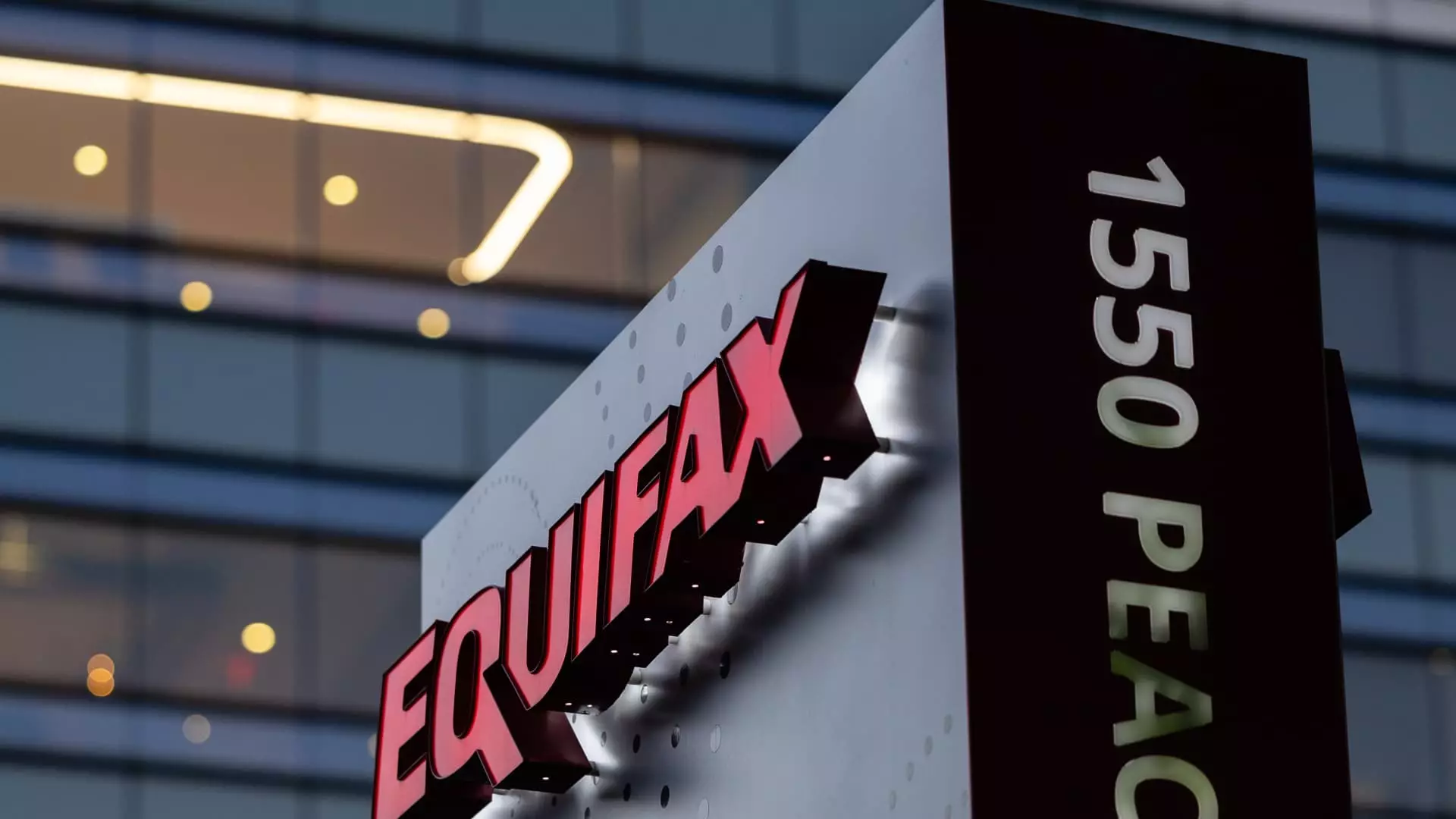The Consumer Financial Protection Bureau (CFPB) recently imposed a significant penalty on Equifax, one of the three principal credit reporting agencies in the United States, amounting to $15 million. This decision comes in response to alarming findings that Equifax has continually failed to investigate disputed consumer credit information adequately. This ruling not only raises questions about Equifax’s practices but also reflects broader concerns regarding the reliability of credit reporting agencies and the impacts of inaccurate information on consumers’ finances and lives.
Credit reporting agencies, which also include Experian and TransUnion, hold critical sway over individual credit scores and reports. These scores significantly influence consumers’ abilities to secure loans, obtain employment, and find housing. The allegations against Equifax underscore a systematic failure to address discrepancies in credit reports, which could lead to severe negative consequences for millions of consumers whose financial livelihoods are at stake.
According to the CPFB, Equifax’s failings encompass a breadth of issues, including a disregard for supporting documents provided by consumers challenging their credit information, the unauthorized reinstatement of inaccuracies previously deleted from reports, and the issuance of inconsistent communications to consumers about the outcomes of disputes. The agency noted that Equifax employed faulty software, contributing to erroneous credit scores, further complicating an already flawed investigation process.
Such negligence in handling consumer disputes is particularly troubling. Equifax reportedly processes about 765,000 consumer disputes on a monthly basis, highlighting the scale of potential impacts stemming from its operational failures. Beginning as early as October 2017, these lapses have allegedly led to millions of consumers facing unjust repercussions due to incorrect data on their credit profiles, constituting a violation of the Fair Credit Reporting Act.
The ramifications of inaccurate credit reports extend well beyond immediate financial inconvenience. Adam Rust, director at the Consumer Federation of America, argued that inaccuracies can profoundly disrupt essential life activities, from securing loans to renting homes or even obtaining employment. Such issues highlight the broader societal importance of accurate credit reporting and the necessity for stringent accountability measures for credit agencies.
In response to the CFPB ruling, spokespersons from Equifax indicated a desire to “turn the page” on the organization’s troubled history with consumer disputes. They emphasized significant investments—over $1.5 billion—toward improving technology and dispute handling processes. However, while Equifax claims to be enhancing its infrastructure and consumer service, skepticism remains regarding whether these changes will effectively rectify entrenched systemic problems.
Equifax is not the only credit bureau facing scrutiny. The CFPB has initiated a lawsuit against Experian for allegedly conducting “sham” investigations of credit report errors, reflecting a troubling trend within the industry. Chi Chi Wu from the National Consumer Law Center pointed out that these issues have persisted over decades and must be urgently addressed to protect consumers’ rights.
Furthermore, Equifax’s reputation has been marred by a significant data breach in 2017, which exposed the personal information of approximately 147 million consumers. The ensuing settlement of $700 million highlighted the potential dangers associated with poor data governance by credit reporting agencies.
Given the potential for errors and the systemic issues within credit reporting agencies, consumers are advised to proactively monitor their credit reports. The Federal Trade Commission suggests that individuals check their reports at least annually before applying for loans, jobs, or insurance loans. Understanding how to ensure the accuracy of one’s credit report is crucial in navigating financial landscapes efficiently.
If discrepancies are found, consumers are encouraged to dispute inaccuracies in writing, sending clear documentation to credit bureaus via postal mail and requesting return receipts. Additionally, reporting unresolved disputes to the CFPB or the state attorney general can help initiate remedial actions. Consumers also retain the right to request that their statements regarding disputes be noted on their credit reports, providing another layer of protection.
For those who continuously encounter issues, seeking legal advice may prove essential, particularly if a credit error incurs significant financial harm. Legal resources, such as the National Association of Consumer Advocates, can provide guidance.
The penalty imposed on Equifax illustrates a critical need for reform in how credit reporting agencies manage consumer information. As technology advances and the volume of financial data grows, ensuring systemic integrity becomes paramount. Both consumers and regulatory bodies must rally for greater accountability to foster a fairer financial landscape, securing the rights of individuals navigating pressing credit and loan decisions. Without substantial change, the cycle of negligence and harm is bound to continue, impacting countless individuals who rely on accurate credit reporting for their financial well-being.


Leave a Reply